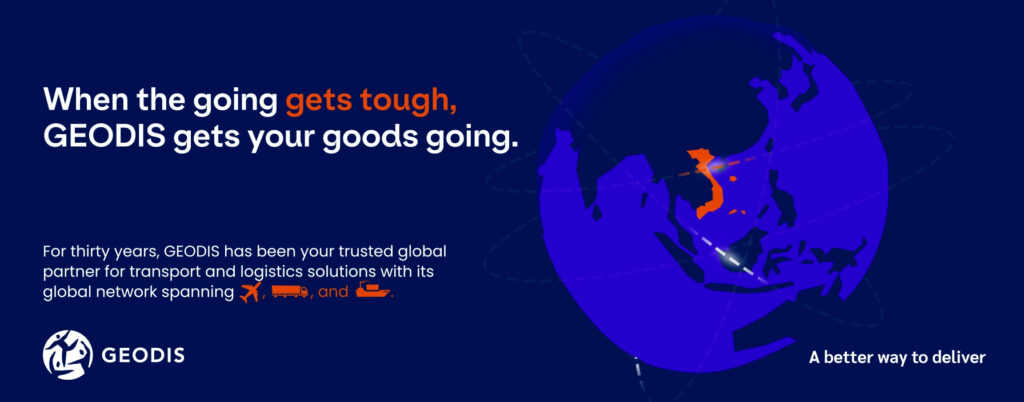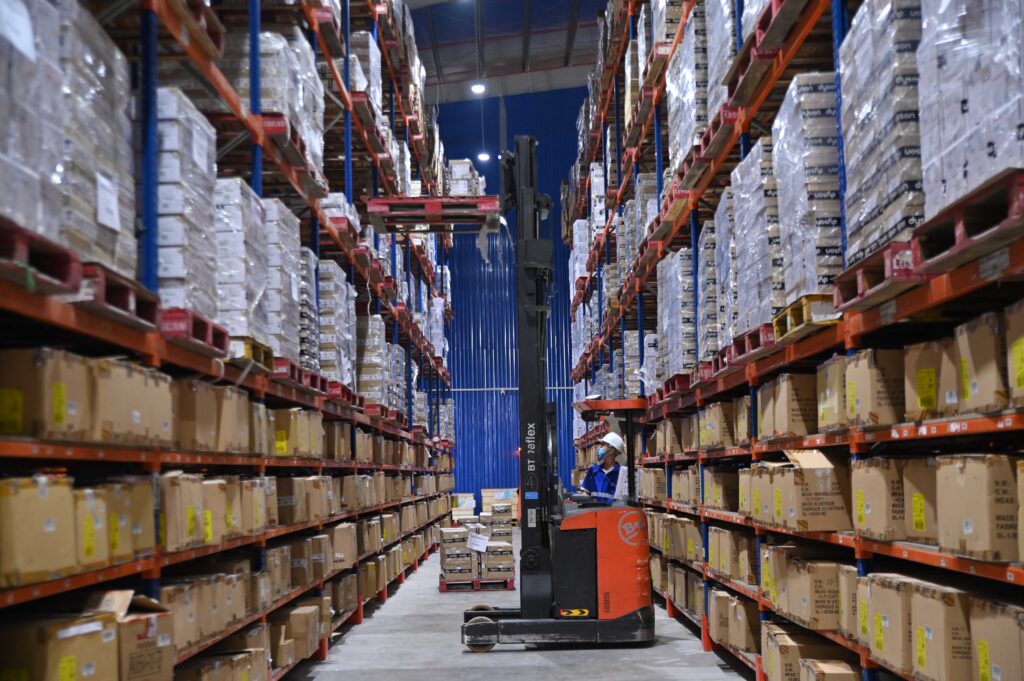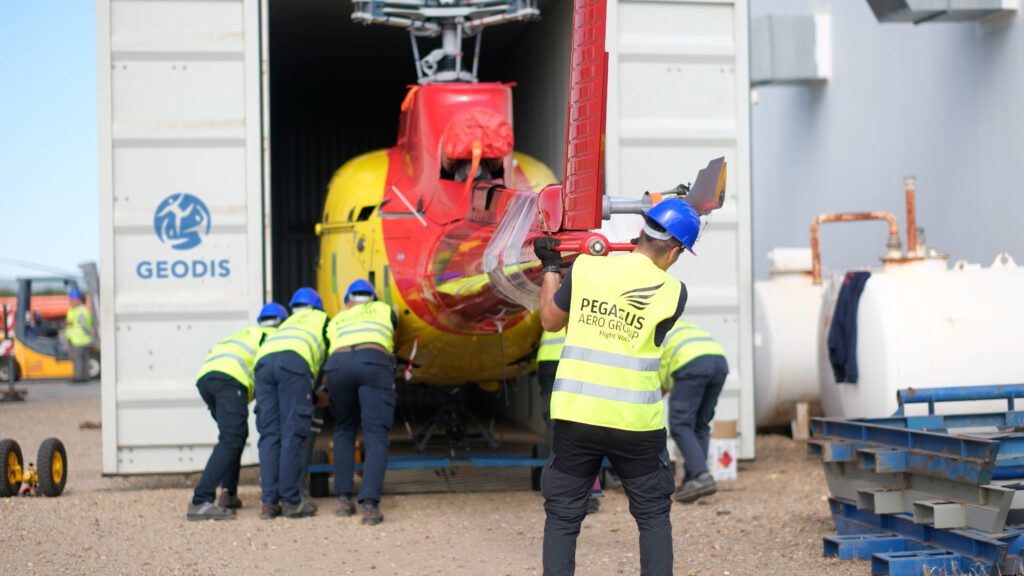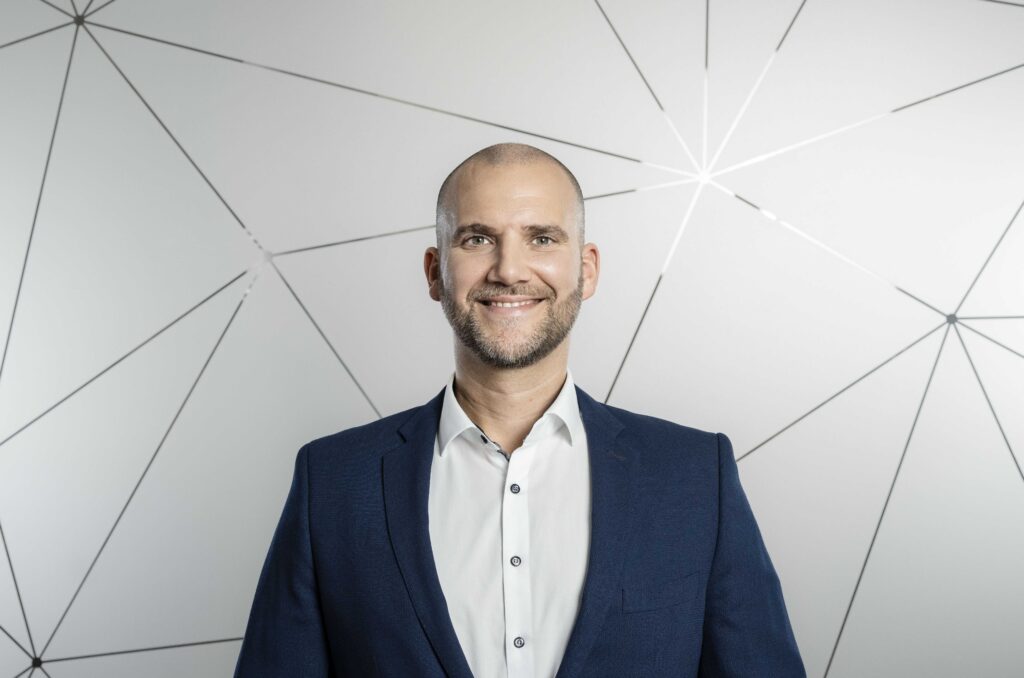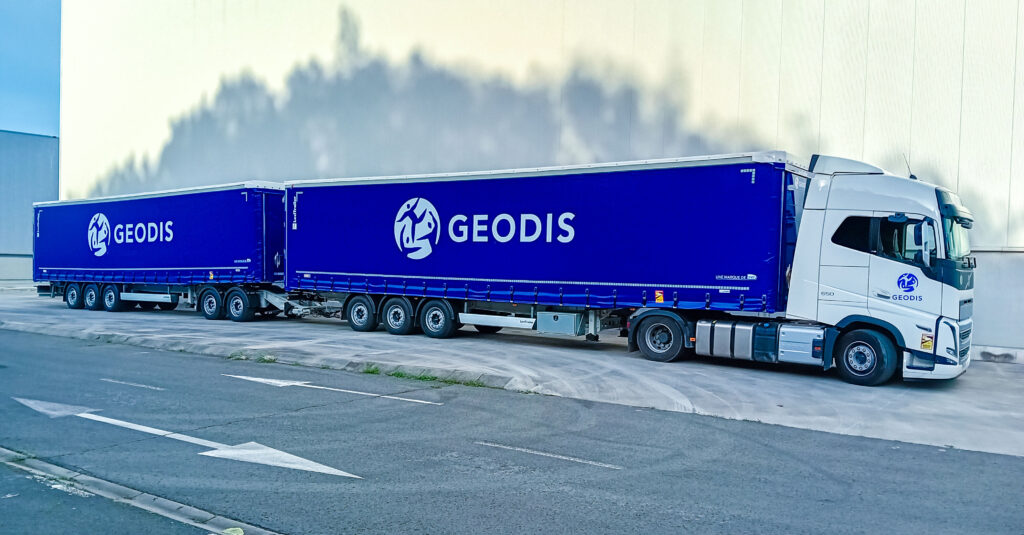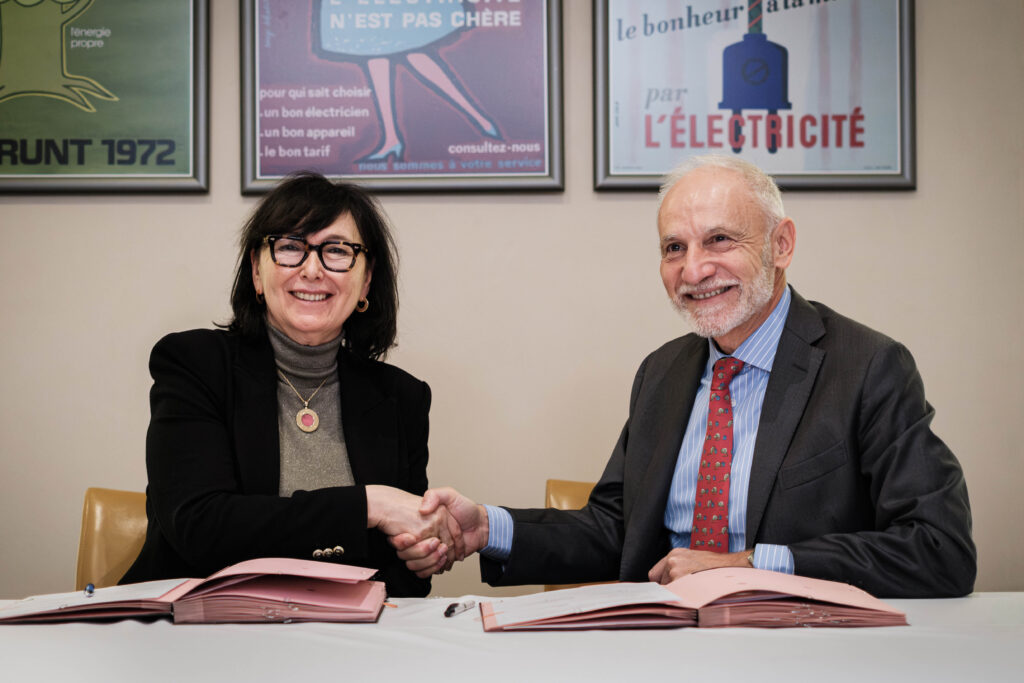On December 16 and 17, 2025, Kawasaki Kisen Kaisha, Ltd. (“K” LINE) organized Tour and Showcase Event (the Event) jointly with Northern Lights JV DA (Northern Lights) for the liquefied CO2 carrier NORTHERN PHOENIX (the Vessel), newly built for Northern Lights. The two-day Event was held at the Osanbashi Yokohama International Passenger Terminal.
The Vessel is the third liquefied CO2 carrier engaged in the Northern Lights project for the transport and storage of CO2 as a part of the world’s first CO2 capture and storage (CCS) project, that’s is now in operation with first CO2 safely stored 2600meters below the seabed. Approximately 150 guests, including Japanese and Norwegian officials, were invited to the Event. They participated in a guided tour of the Vessel. From “K” LINE, Yukikazu Myochin, Director and Chairperson of the Board, and Takenori Igarashi, President & CEO attended the Event. They expressed their dedication to advancing sustainable society through the Northern Lights project. Managing Director of Northen Lights, Tim Heijn, also participated during the days to share learnings on how a CCS value chain in operation can look like.
The Vessel was delivered at Dalian Shipbuilding Offshore Co., Ltd. on December 2, 2025.*1 Like the first and second vessels, NORTHERN PIONEER*2 and NORTHERN PATHFINDER,*3 the Vessel will transport liquefied CO2with “K” LINE Energy Shipping (UK) Ltd., a London-based subsidiary of “K” LINE, being responsible for ship management.
“K” LINE Group is actively promoting various initiatives aimed at supporting our own decarbonization efforts and those of society, in accordance with its long-term guidelines concerning the environment, “K” LINE Environmental Vision 2050.“K” Line will leverage the knowledge gained from the operation of liquefied CO2 carriers, an area in which it is a forerunner, in future business development with the aim of realizing a sustainable society and increasing its corporate value.
*1 December 3, 2025: Delivery of Liquefied CO2 Carrier “NORTHERN PHOENIX” to Northern Lights
https://www.kline.co.jp/en/news/liquefied_gas/liquefied_gas-20251203.html
*2 November 26, 2024: Ready for Delivery of Liquefied CO2 Carrier “NORTHERN PIONEER” to Northern Lights
https://www.kline.co.jp/en/news/liquefied_gas/liquefied_gas-20241126.html
*3 January 30, 2025: Delivery of Liquefied CO2 Carrier “NORTHERN PATHFINDER” to Northern Lights
https://www.kline.co.jp/en/news/liquefied_gas/liquefied_gas-20250130.html







